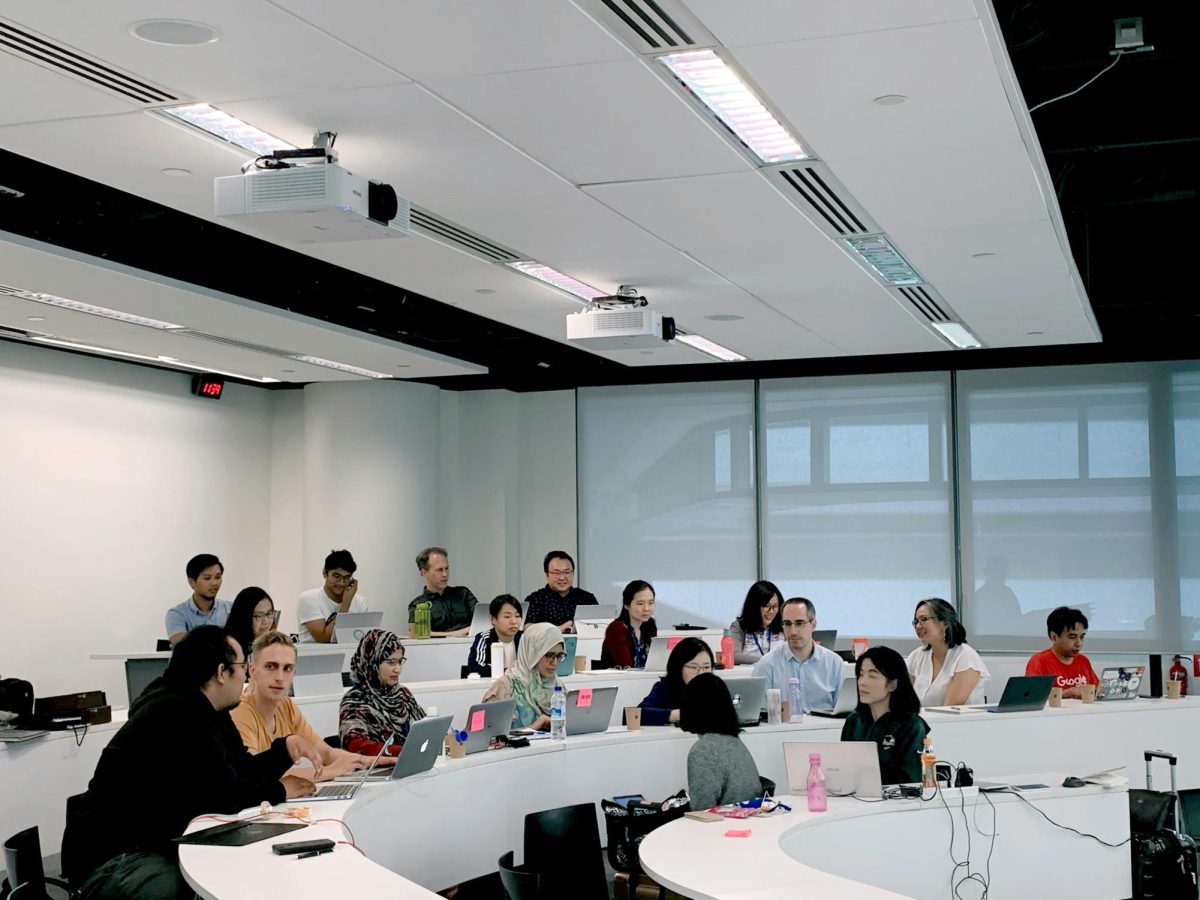By Season Weeter/reporter
As Valentine’s Day approaches, people are reminded of their past or present relationships and the enjoyment they have encountered.
It is difficult for a person to acknowledge what is healthy when entrapped in the euphoria of love, but most authorities agree that rational decision making is needed to decide whether to stay with a current partner or choose a new one.
Healthy relationships are based on equality and characterized by the ability to enjoy what each person brings to the relationship.
The needs of each other are important mutually, and the wants of one person should not override the needs of the other.
Anita Peters, counselor on NE Campus, said when looking for positive traits in a potential partner, the person should evaluate whether he is “respectful, honest, authentic and not threatened by others who may have different opinions or perspectives.”
Peters added, “They need to be committed to resolving conflicts in a mutually respectful way.”
Determining the cause of unhappiness and problems in a relationship can be confusing. Sometimes it is not the other person who is creating issues in love affairs. Many problems can exist within a person that affect love, commitment and marriage to another, Peters said.
One factor in deciding if a person is ready for a meaningful relationship is realizing self-worth.
“If a person has a low self-esteem, then what they bring to a relationship is neediness and expectation that the other person will meet those needs for them,” she said. “In order to have a healthy relationship, individuals must first have a good relationship with themselves.”
Peters said that it sometimes takes strength to walk away from unhealthy love.
“This is especially hard for young people who have little or no experience in what it means to love that significant other,” she said.
In today’s world, the rate of divorce is high, which leaves generations of children watching their parents live unhealthy love lives or growing up with only one parent to model what relationships are about, Peters said.
Lily Calzada, coordinator of special services on NW Campus, said some signs of potential domestic problems include violence with animals, jealousy and/or infidelity. Someone may be in a problem relationship if the partner insults or ridicules the other in front of family or friends, doesn’t allow the person to work, leave the house or see or call friends and family and constantly criticizes.
Calzada said if a person is in such a situation, he or she should seek help.
Peters said, “Pre-marital counseling is a great way to try to identify potential areas that could lead to conflict in the relationship; it provides the couple an opportunity to develop healthier communication tools and more constructive ways to resolve conflict.”
Calzada added, “Couples counseling is very crucial to a relationship. It needs to be used as a tool to show how to get and maintain compatibility instead of if a couple will be compatible.”
Calzada and Peters agree that any kind of family violence or unhealthy relationship can impact a child’s ability to have healthy relationships in the future.
“It is important as a parent to create healthy relationships which include communication and calmness when discussing conflict in the presence of ear shot of their children,” Peters said.
Mike Eason, counselor on SE Campus, will speak at a student success seminar on Healthy versus. Unhealthy Relationships tomorrow 1-2:20 p.m. in the North Ballroom.
“The purpose of the workshop is to help participants become aware of characteristics of healthy and unhealthy relationships and the look at reasons why individuals might be attracted to and involved in unhealthy relationships,” he said.
On NW Campus, counseling is sponsoring a seminar tomorrow, Power, Attraction, Seduction, presented by Dr. Shelly Cavin, NW counselor.
The seminar will focus on relationship compatibility using the Myers Briggs Personality Type Indicator.
For relationship concerns, counselors can assist any student. The counselors include Joyce Fisher, SE Campus, 817-515-3577; Calzada, NW Campus, 817-515-7602; and Peters, NE Campus, 817-515-6985.



























